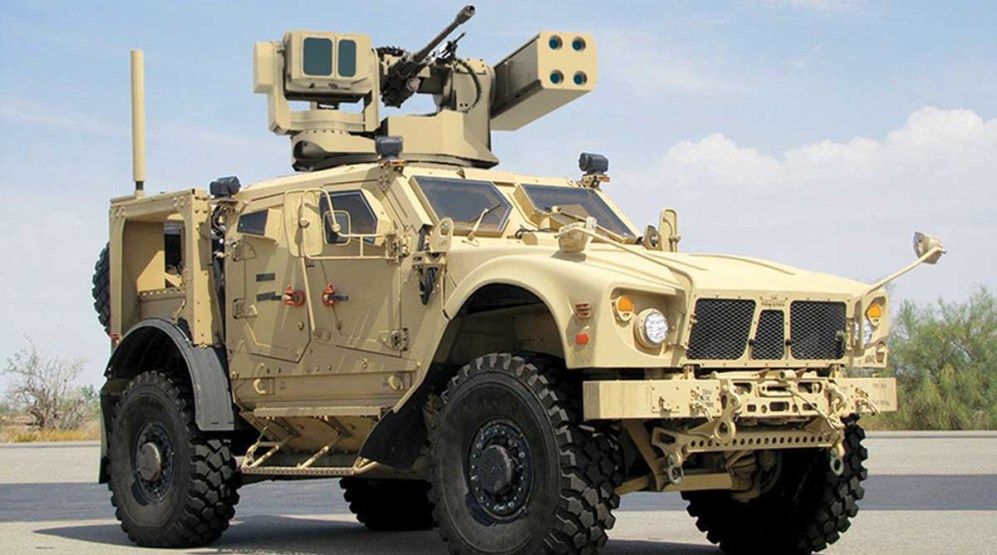The U.S. Defense Department’s announcement in April of plans to send 19 anti-drone gun and missile trucks to Ukraine in response to Russian drone attacks has been met with delays in awarding the contract to Northrop Grumman, the manufacturer of these trucks. This situation sheds light on the complexities and challenges involved in rapidly producing and delivering military aid.
The Defense Department’s announcement signaled its intent to provide crucial anti-drone trucks to Ukraine. However, the delay in awarding the contract highlights the gap between intention and execution, underlining the need for expedited acquisition procedures.
The anti-drone truck in question is an experimental platform without an established production line. The delay experienced by Northrop Grumman in waiting for the contract underscores the difficulties in swiftly translating announcements into tangible military support.
Despite the Pentagon’s commitment to allocate $16.4 billion in U.S. Security Assistance Initiative (USAI) funds for Ukraine, contracts signed so far amount to less than half of this sum. While the speed of weapon supply to Ukraine has been commendable, there are calls from certain industry leaders and analysts for further acceleration, given the urgent threats faced by Ukraine.
Some observers view the U.S. support as significant, acknowledging the speed at which contracts have been awarded. However, others, including a senior advisor at the Center for Strategic and International Studies (CSIS), argue that the pace of action is reminiscent of peacetime operations and emphasize the necessity to revolutionize the production system to better meet Ukraine’s pressing needs.
Greg Hayes, the CEO of defense giant RTX, has highlighted “institutional resistance” to awarding contracts related to Ukraine more expeditiously. He also noted that regulatory hurdles contribute to adding months to the procurement process. This scenario underscores broader issues within the U.S. military aid acquisition system and has led to calls for a more urgent approach, similar to the rapid acquisition of mine-resistant vehicles during the Iraq conflict.
In essence, the situation surrounding the delayed awarding of the contract for anti-drone trucks to Ukraine underscores the need for more efficient and streamlined acquisition processes. The urgency of the threat faced by Ukraine highlights the importance of promptly translating commitments into tangible support to effectively address evolving security challenges.
*The views and opinions expressed on this website are solely those of the original authors and contributors. These views and opinions do not necessarily represent those of Spotter Up Magazine, the administrative staff, and/or any/all contributors to this site.

